I thought the memory occupied by a rust HashMap was freed after the HashMap went out of scope, but in the following test it doesn't seem to happen.
use std::{collections::HashMap, thread, time::Duration};
fn func() {
let mut map: HashMap<String, Vec<u8>> = HashMap::new();
for i in 0..100_000 {
map.insert(format!("{}", i), vec![0; 50_000]);
}
}
fn main() {
func();
println!("LOOP");
loop {
thread::sleep(Duration::from_secs(5));
}
}
Note: This program occupied about 5GB of RAM. When it arrives to the loop section the memory is still occupied.
Performing an analogue test with a vector:
use std::{thread, time::Duration};
fn func() {
let mut x: Vec<Vec<u8>> = Vec::new();
for _ in 0..100_000 {
x.push(vec![0; 50_000])
}
}
fn main() {
func();
println!("LOOP");
loop {
thread::sleep(Duration::from_secs(5));
}
}
The result is very different, when it arrives to the loop the memory occupation drop to zero.
- Rust version 1.60
- Both the examples above are built on
releasemode
In this example (the index is an i32 instead a String) the memory is released to the os:
use std::{collections::HashMap, thread, time::Duration};
fn func() {
let mut map: HashMap<i32, Vec<u8>> = HashMap::new();
for i in 0..100_000 {
map.insert(i, vec![0; 50_000]);
}
}
fn main() {
func();
println!("LOOP");
loop {
thread::sleep(Duration::from_secs(5));
}
}
UPDATE:
Executing func in a thread seems to make the process release the memory.
